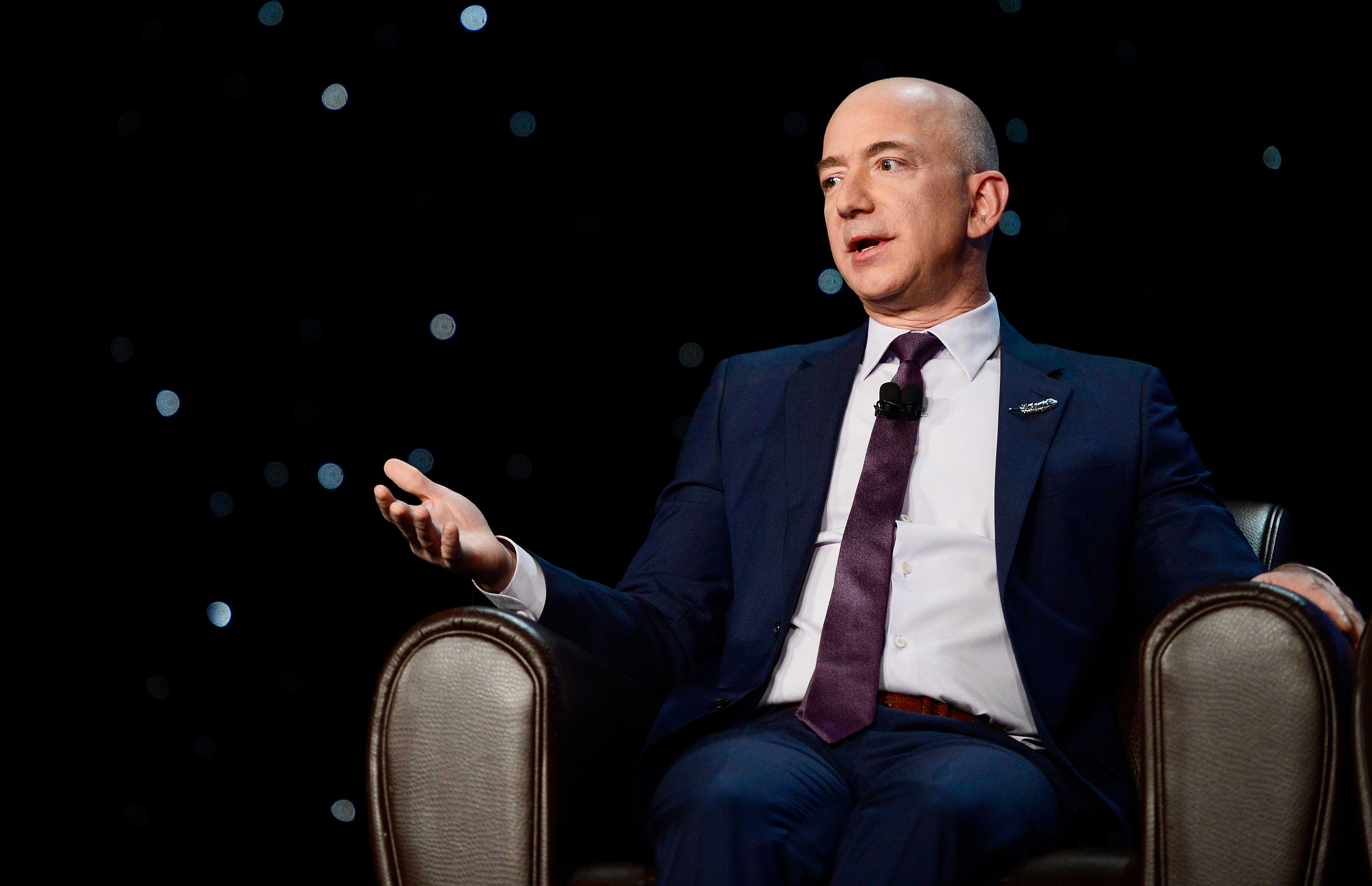Amazon released its first smartphone, the Fire Phone, in July 2014, and the device was broadly considered a “debacle,” “a fiasco,” “a surprising disappointment.” By September 2015, Amazon stopped selling the Fire Phone.
It was the type of high-profile flop that might lead some CEOs to start angrily pointing fingers, but not Jeff Bezos.
“You can’t, for one minute, feel bad about the Fire Phone. Promise me you won’t lose a minute of sleep,” Bezos told Ian Freed, a key leader in the Fire Phone’s development, according to The New Yorker.
And that was despite a $170 million write down Amazon took because of the Fire Phone’s failure.
The vignette from Amazon lore gives insight into two of Bezos’ tenets for leadership and success.
First, failure has to be part of growth.
“As a company grows, everything needs to scale, including the size of your failed experiments. If the size of your failures isn’t growing, you’re not going to be inventing at a size that can actually move the needle,” Bezos wrote in his 2018 annual letter to shareholders.
It’s worth taking risks, because if you do, one blockbuster success can outweigh multiple losses.
“We will work hard to make them good bets, but not all good bets will ultimately pay out. This kind of large-scale risk taking is part of the service we as a large company can provide to our customers and to society. The good news for shareowners is that a single big winning bet can more than cover the cost of many losers,” Bezos wrote in the letter, published in April 2019.
The second secret to success revealed in the story of Bezos’ reaction to Freed, is that you have to be willing to take time to float, be curious and experiment.
The Fire Phone team Freed led grew to include as many as 1,000 employees and cost the company more than $100 million dollars, The New Yorker reported.
But when Freed showed Bezos some of Fire Phone’s software, Bezos was enamored with the voice recognition software, which could respond to commands by accessing information in the cloud.
“I can ask for any song?” Bezos asked, according to The New Yorker. “What about ‘Hotel California’?” The song started playing. “This is fantastic,” he said.
Shortly thereafter, Bezos had Freed start to build a team and the technology to respond to voice commands. (The voice software Bezos first saw in the Fire Phone was licensed from another company, but Bezos wanted his own proprietary technology.)
Four months after the Fire Phone was unveiled, Freed released the Echo, The New Yorker reported.
At the time, experts saw the Echo as completely innovative. “Amazon has a new product that doesn’t really have any current equivalent form any other tech company – a connected speaker called Echo that’s always-on, listening for commands that its virtual assistant can then respond to with information or by triggering a task,” tech blog TechCrunch wrote in November 2014.
The time spent on the failed phone helped propel the Echo’s success, Bezos said.
“While the Fire phone was a failure, we were able to take our learnings (as well as the developers) and accelerate our efforts building Echo and Alexa,” Bezos wrote in the shareholder letter, in which he also noted that the Echo and Alexa had their origins in Amazon’s research into and development of machine learning technology and the cloud, other areas where Amazon had been “building and wandering for years.”
At the Consumer Electronic Show in January 2020, Amazon announced there were “hundreds of millions of Alexa-enabled devices” in customers’ hands worldwide, according to the technology site CNET. That is more than double the 100 million Alexa devices Amazon said had sold in January 2019.
According to Bezos, that success stems, in part, from Amazon’s willingness to take chances and experiment.
Bezos believes that, to empower measurable invention and creativity, there has to be time for curiosity and chasing ideas.
“Sometimes (often actually) in business, you do know where you’re going, and when you do, you can be efficient. Put in place a plan and execute. In contrast, wandering in business is not efficient … but it’s also not random,” Bezos says in his letter.
“It’s guided — by hunch, gut, intuition, curiosity, and powered by a deep conviction that the prize for customers is big enough that it’s worth being a little messy and tangential to find our way there.
“Wandering is an essential counter-balance to efficiency. You need to employ both. The outsized discoveries — the ‘non-linear’ ones — are highly likely to require wandering.”
See also:
Jeff Bezos finds a masterful leadership lesson in a story about doing a handstand
This chart ranks everyone (even you) by their wealth, and it’s a snapshot of inequality
Alibaba billionaire Jack Ma: I know nothing about tech or marketing—this is the secret to my success
